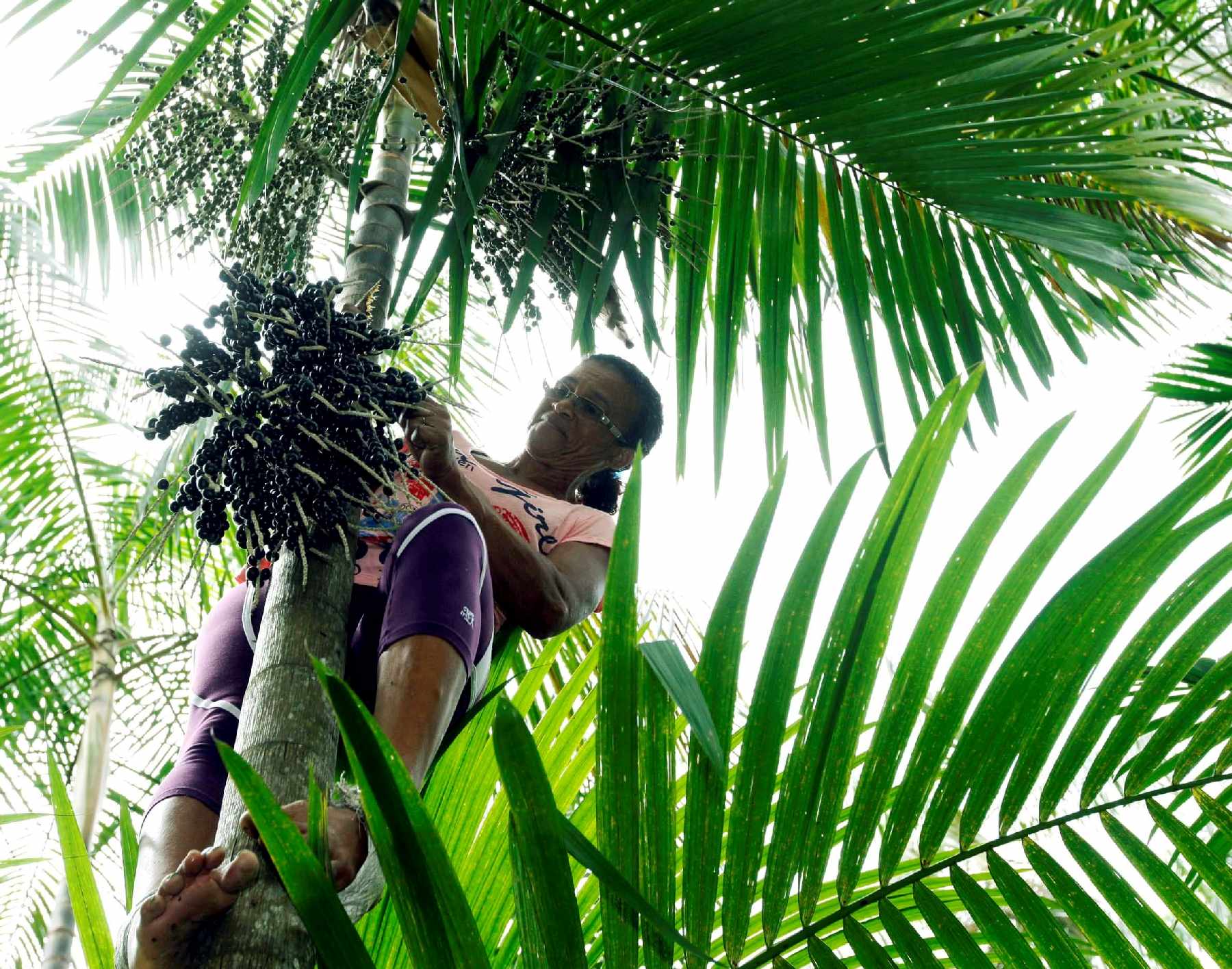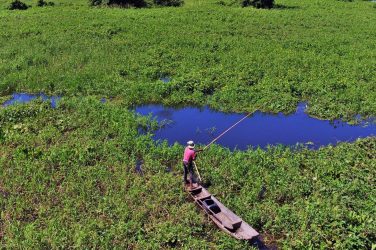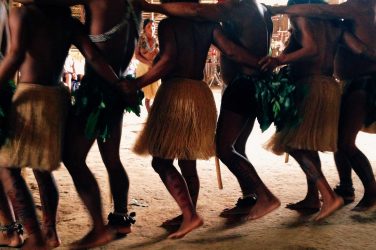Ancient indigenous peoples had a far more profound impact on the composition of the vast Amazon rainforest than previously known, according to a study showing how tree species domesticated by humans long ago still dominate big swathes of the wilderness.
Researchers said many tree species populating the Amazon region appear to be abundant because they were cultivated by people who populated the area before Europeans arrived more than five centuries ago. These include the Brazil nut, cacao, açaí palm, rubber, caimito, cashew and tucumã palm.
“So the Amazon is not nearly as untouched as it may seem,” said study researcher Hans ter Steege, a forest community ecologist at the Naturalis Biodiversity Center in the Netherlands and Free University of Amsterdam.
The researchers used data on the tree composition of forests at 1,170 sites throughout the Amazon and compared it to a map of more than 3,000 known archaeological sites representing past human settlements.
The study found that 85 tree species known to have been used by Amazonian peoples for fruit, nuts, building materials and other purposes over the past roughly 8,000 years were five times more likely to be dominant in mature Amazon forests than species that had not been domesticated.
It also found that forests closer to the pre-Columbian settlements were much more likely to boast tree species domesticated by ancient peoples.
The Amazon rainforest is a commanding natural feature in South America and one of the world’s richest biological reservoirs, teeming with plant and animal life. Much of it is situated in Brazil but parts are also in Peru, Colombia, Bolivia, Venezuela, Guyana, Suriname, Ecuador and French Guiana.
Many of the trees found in large numbers represent species critical for the livelihood and economy of Amazonian peoples. At the time of European conquest, there were an estimated 8 to 10 million people in the Amazon, speaking at least 400 different languages.
“Past civilizations have had a great role in changing, both consciously and unconsciously, the vegetation in the surroundings of their settlements and along paths that they used to travel,” added study researcher Carolina Levis, a doctoral candidate in ecology at Brazil’s National Institute for Amazonian Research and the Wageningen University and Research Center in the Netherlands.
The research was published in the journal Science.
This article was produced by the Thomson Reuters Foundation. Visit them at http://www.thisisplace.org














